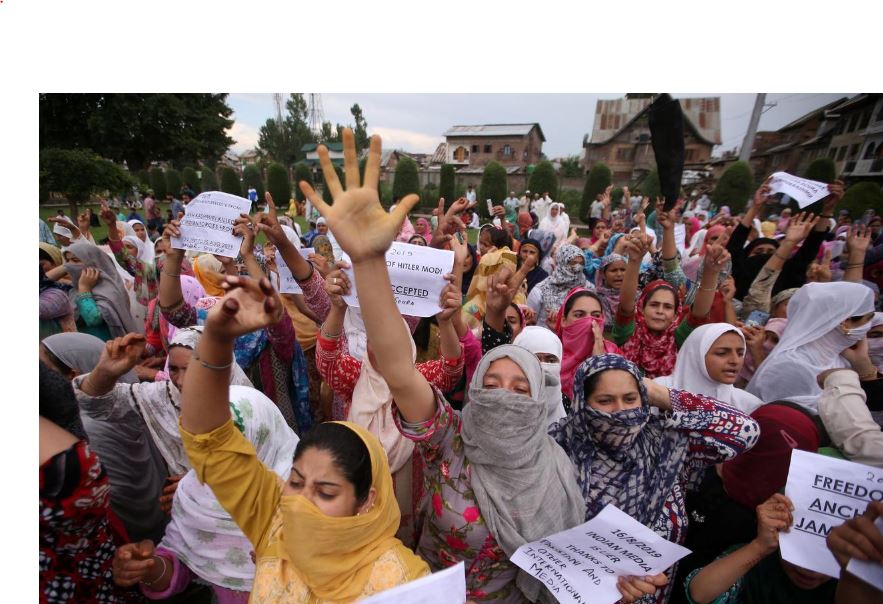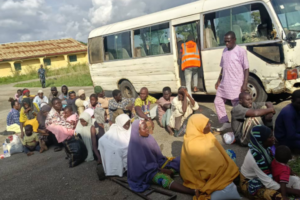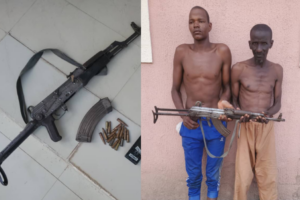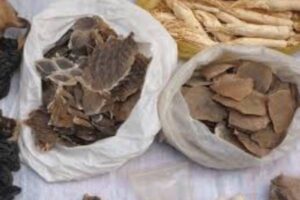Indian authorities eased restrictions on movement and restored landline telephone links in some parts of Kashmir on Saturday, the biggest relaxation in a crippling lockdown since New Delhi announced it was removing the region’s special status on Aug. 5.
The moves came even as there were celebrations and protests by Kashmiris opposed to the Indian policy in Srinagar on Friday night. The celebrations were to mark the first United Nations Security Council meeting about the Kashmir issue for about five decades.
Two police officials and a series of eyewitnesses told Reuters that demonstrations and celebrations took place in various parts of the city. However, the number of incidents of local residents pelting security forces with stones were low compared with recent days, said a security official who toured Srinagar in the morning.
A witness said that hundreds marched in the Rajouri Kadal area of Srinagar and they also let off some fire crackers. They shouted pro-Pakistani and anti-India slogans during the celebrations, two witnesses said.
Read Also
For the first time since the Indian government announced that it was revoking Jammu and Kashmir state’s rights to set some of its own laws, police vans didn’t announce imposition of a virtual curfew in Srinagar. The authorities deny there has been a curfew in the past two weeks but on many occasions people have been ordered to stay indoors.
India has battled a 30-year revolt in the part of Kashmir it controls in which at least 50,000 people have been killed. Critics say the decision to revoke the region’s autonomy will cause further alienation and fuel the armed resistance.
The change will allow non-residents to buy property in Jammu and Kashmir state and end the practice of reserving state government jobs for local residents.
Prime Minister Narendra Modi’s government has said the revocation of Kashmir’s special status was necessary to ensure its full integration into India and speed up development.





